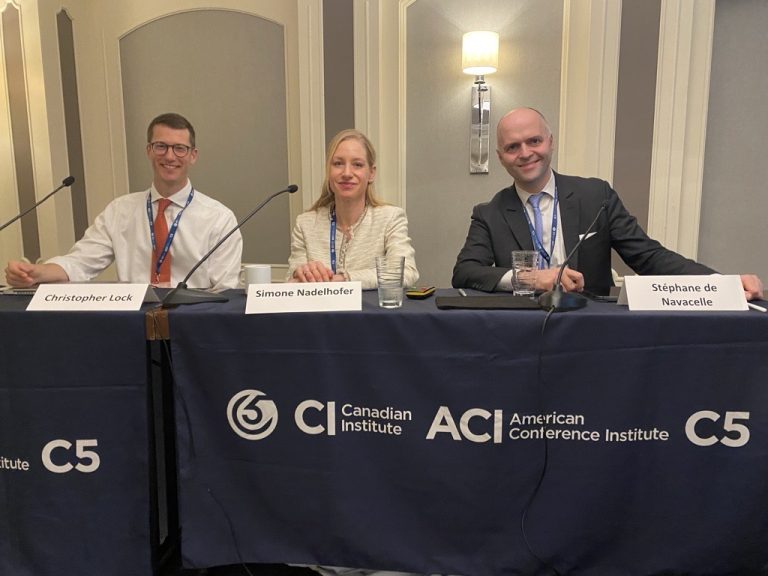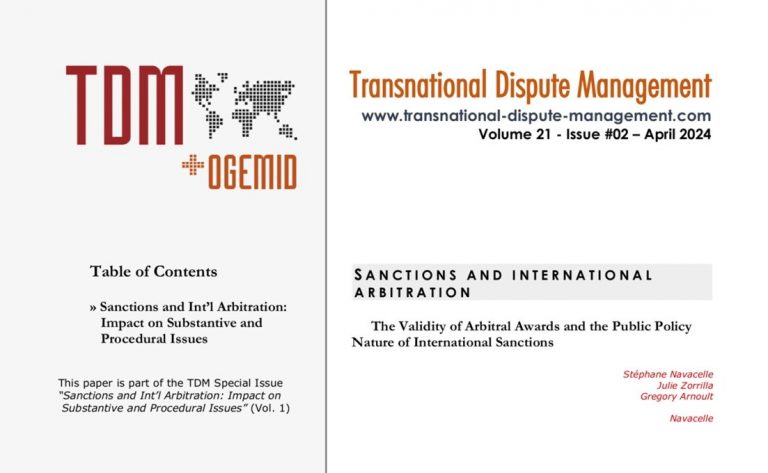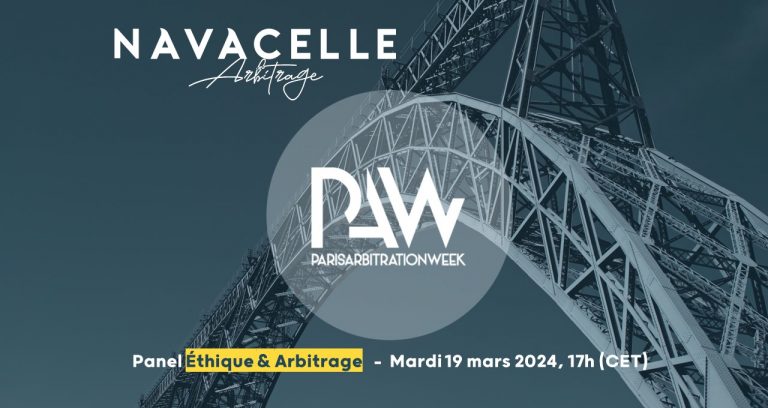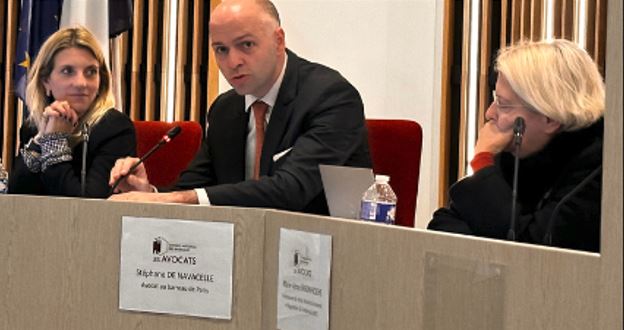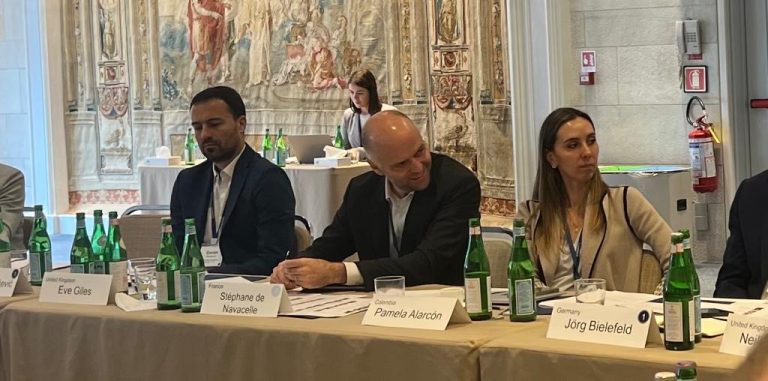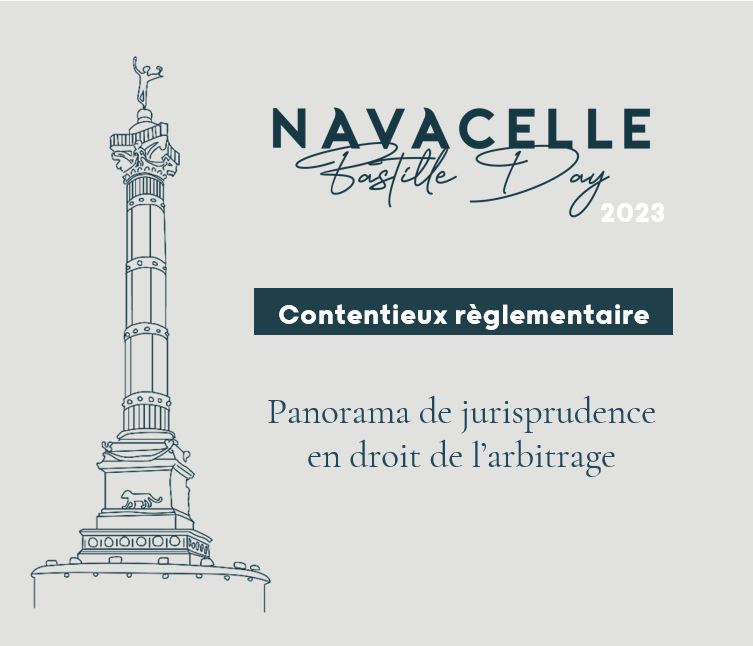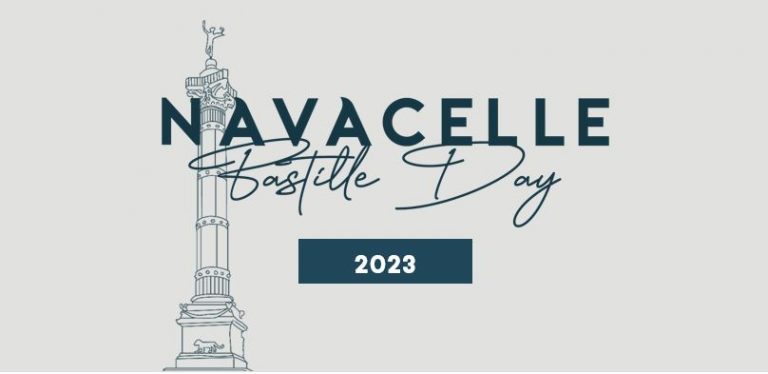Corruption allegations have increasingly been raised in international arbitration in recent years, in arbitration and post-arbitration proceedings. In that context, reviewing courts have adopted different positions with regard to the extent of their review. Stéphane de Navacelle, Juliette Musso and Gregory Arnoult share their advice to practitioners for handling corruption allegation issues.
Be prepared to deal with the merits again. Court practices will vary depending on jurisdictions, but as the fight against corruption becomes more important, reviewing courts may want to address this issue more thoroughly.
This has notably been a considerable evolution of French case law. When examining whether awards comply with public policy, French courts may review all legal and factual elements without being constrained by the findings of the arbitrators. At the risk of affecting procedural loyalty, French courts have examined corruption allegations that had not been raised in the arbitration, as in the Belokon and Sorelec cases, or have reviewed in detail the findings of the arbitrators, as in the Alstom v. ABL case. By contrast other jurisdictions have sought to limit the extent of the elements under review. For instance, in the Alstom v. ABL case, English and Swiss courts deferred to the findings of the arbitrators. A similar position has been adopted by U.S. courts (see e.g. Vantage Deepwater v. Petrobras).
In that context and although this will vary depending on the jurisdiction, counsel may be increasingly required to deal with the offence of corruption or other criminal offences and concepts before the reviewing judge, who will himself be required to determine whether or not there is a criminal offence in the facts ruled upon in the award.
Anticipate and adopt industry-specific reflexes. Counsel in arbitration should be trained in addressing these issues, by adopting compliance and white-collar crime work reflexes (whether lawyers, investigators or auditors) or by seeking to be assisted by experts in this field.
This is all the more important as arbitrators and reviewing courts have now adopted the notions of “red flags” used in compliance, at the risk of affecting rules of evidence. For instance, in reviewing corruption allegations, French courts have notably used the notion of “serious, specific and consistent” evidence to determine whether these allegations were material enough for the purpose of compliance with public policy. This determination is subject to the control of the Court of Cassation which can sanction a distortion of the evidence by the judge. This has been the case in the Alstom v. ABL case, as the Court of Cassation found that the Court of Appeal of Paris had distorted a piece of evidence by misreading hearing transcripts. On remand, the Court of Appeal of Versailles found that the claims raised by Alstom (e. lack of sufficient proof of services, allegedly sensitive or confidential documents and information on the tenders, payments from ABL to an import agent, the fact that the tender submitted by Alstom was less well-rated, irregularities and shortcomings in ABL’s accounts, insufficient material and human resources of ABL, disproportion between ABL’s services and the remuneration received and China’s alleged corruptive culture) did not constitute, separately or as a whole, serious, specific and consistent evidence of corruption, notably because the elements were insufficient to evidence the alleged misconduct.
Counsel should in any case be ready to identify risks and red flags and to explain situations which can raise doubts for supervisory authorities. As arbitration practitioners become trained in dealing with corruption allegations, this may help address this issue at outset, and reduce risks of awards being set aside.
Identify what the reviewing judges are looking for. As discussed above, although some courts will not feel bound by the findings of the arbitrators, most judges will defer to their judgment to the extent the issue has been thoroughly and adequately examined. In addition, in determining whether awards comply with public policy, reviewing judges will apply a specific test.
For instance, after a recent evolution of its case law, French courts only punish “characterized” violations of public policy. This means that the violation must be certain in order to set aside or refuse the recognition of an award. Other jurisdictions, such as U.S. courts also apply high standards in relation to public policy and consider that such exceptions are to be construed narrowly, with a heavy burden of proof on the party raising such an objection.
Counsel should therefore ensure, at the arbitration stage, that grounds and claims of corruption have been properly investigated and discussed in order to avoid any risk of serious breach of public policy.

